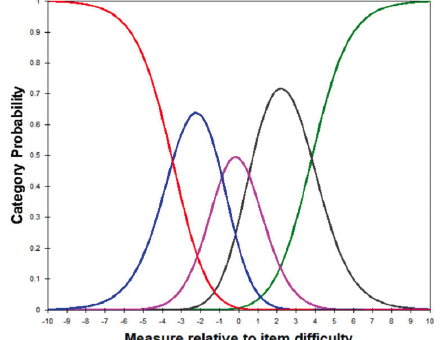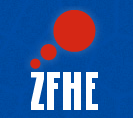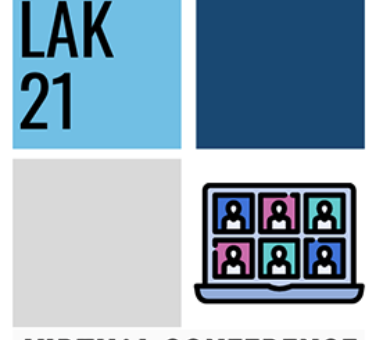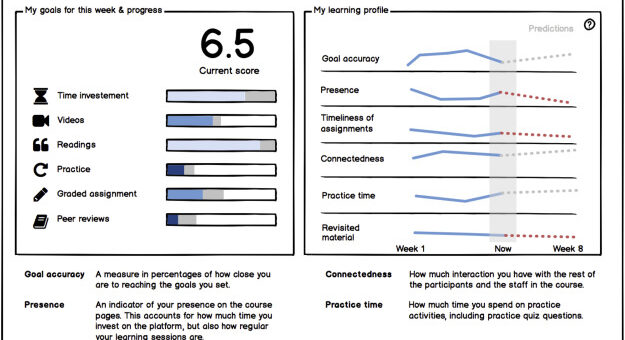
New Pub: Measuring Productivity in CSCL groups
Computer-supported collaborative learning (CSCL) is a common pedagogical approach, in which groups of students work together digitally to engage in learning activities, solve problems, or create a shared artefact. CSCL is further interesting from a research standpoint, because different disciplines want to understand the processes and circumstances from which productive social interaction in online groups emerge to facilitate learning among group members. As such, group productivity is a central outcome to be considered in CSCL research. At the same time, the current literature does not provide a valid and reliable self-report instrument to measure group productivity. [caption id="attachment_3914" align="alignleft" width="325"] Wright Map[/caption] [caption id="attachment_3915" align="alignleft" width="323"] Category probability curves with six (top) versus 5 (bottom) rating scale steps[/caption] …









